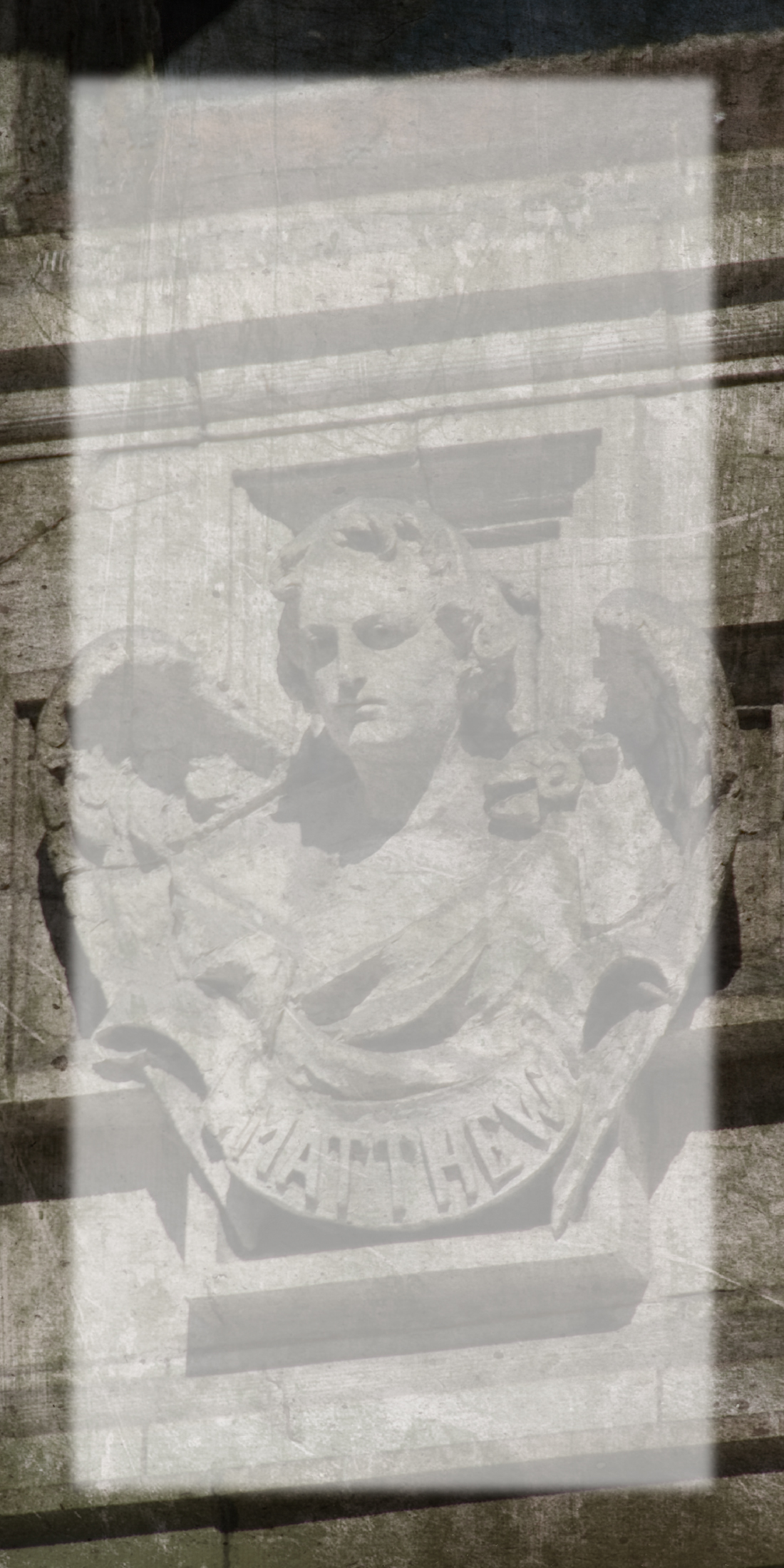In “Barge,” I had an open-ended frame, as
I had in Pearl.
I did not know when it would be complete; I only knew that I wanted it
to be open formally. I also knew that the idea of barge would lead me
ultimately to thoughts of transport, and the Greek idea of a
heavy-laden, slow-moving boat that takes souls to the underworld. After
several sections of the poem dealing with the Israeli-Lebanese conflict,
interspersed with observations of children in the countryside, section
XV of “Barge” ends”
Look, if the
barge will take us over
All I care for
now is poetry
And the picking,
scratching, at your side
There’s got to
be something more to it
Thus, from
visions of death and destruction, the poem serves as a vehicle to
transport the reader to thoughts of the afterlife, which he encounters
in section XVI.
I wrote section
XVI pretty much straight out, relying on my memories of many different
depictions of the river Styx and its concomitant boatman, not only from
ancient poetry, but also from later literature and visual art. This is
how Propertius wrote, and probably how his Roman colleagues wrote as
well. They wrote in the moment, with everything in past literature that
could be summoned just there in mind, without excessive literary
reference. I had an ulterior motive as well. I wanted to couch the
entire section in the conditional. Hopefully, that conditional could be
written lightly, so as not to overpower the reader. In the last stanza,
for instance, there is only the verb in the first line to peg it to that
tense. I chose to have the final line of the poem fade out in ellipsis
as that is my characterization of the afterlife — a fading out into
nothing.
There are a
number of other references to river that separates this world from the
underworld in Propertius’ poems. One of the most telling is the seventh
poem of Propertius’ fourth and final book. In it, the poet narrates the
appearance to him of his recently deceased girlfriend Cynthia’s ghost.
The majority of the poem is taken up by a long list of complaints
uttered by the ghost, mixed with many fascinating details about their
relationship and the poet’s life after his girlfriend’s death. In
Cynthia’s depiction of the river Styx here, there are different fates
after death:
For separate
resting places are allotted beyond the vile stream,
and each party
is rowed across different waters.
One bears
Clytemnestra’s disgrace, or it carries
the Cretan
woman’s wooden monstrosity of a would-be cow.
Look! another
route is taken by a crowned pinnace
where a happy
breeze caresses Elysian roses,
where the
rhythmic lute and where Cybele’s bronze cymbals
and Lydian
plectra sound with a mitred chorus.
(4.7.55-62)

